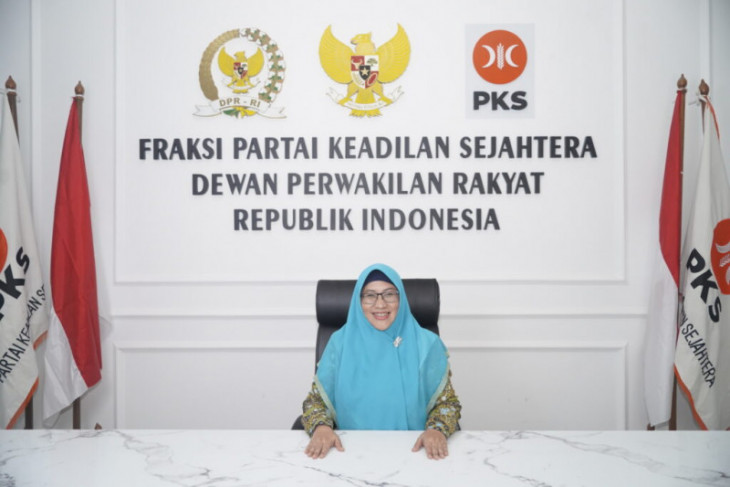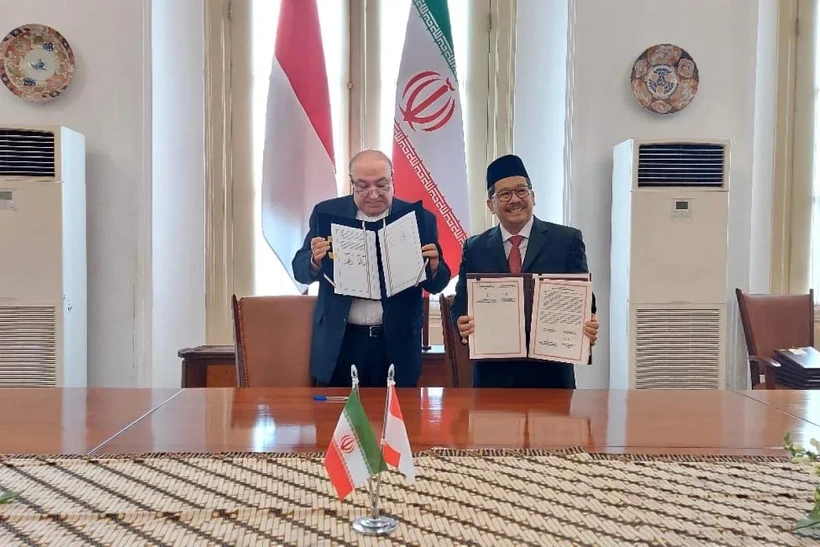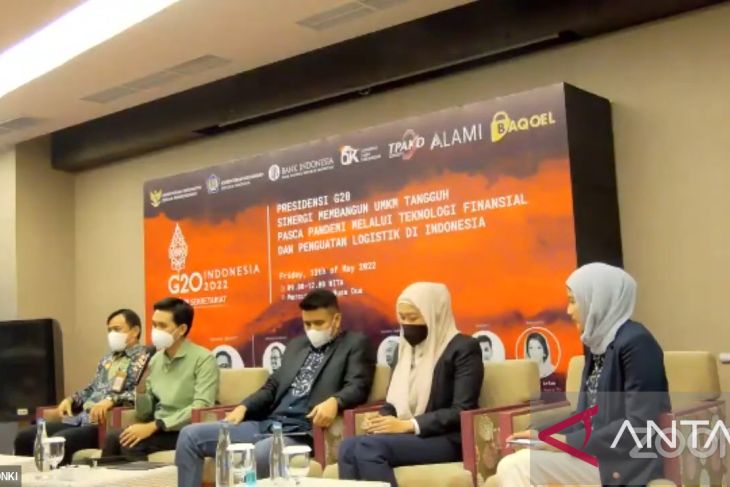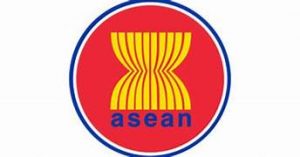
Prosperous Justice Party (PKS) parliamentary caucus secretary Ledia Hanifa Amaliah. (ANTARA/HO-Humas Fraksi PKS).
“Ratification of the agreement is inevitable, considering its necessity to accommodate the current trend of e-commerce. Nonetheless, we should ensure that products traded in online marketplaces are halal and compliant to the Islamic laws for Indonesian Muslims,” Amaliah stated here, Wednesday.
Amaliah highlighted the importance of ratification of the ASEAN agreement on e-commerce to ensure an economical, easier, and more open inter-ASEAN trade while warning of potential security threats on the system to be addressed
“The E-commerce system allows international trade to be faster, easier, and cheaper. Despite its advantages, we should also exercise caution in vulnerable areas, particularly for personal data and financial transactions security, product quality, and product compliance to Islamic laws,” she pointed out.
She pointed out that government regulations had mandated assurance of safe products, especially consumables.
“Government regulations, particularly the National Agency of Drug and Food Control Regulation No. 30 of 2017, had set a detailed quality and legal criteria for foods, beverages, medicines, and cosmetics distributed in Indonesia,” she remarked.
Amaliah also urged the government to ensure products traded for Indonesians complied with the Islamic law, citing Article 4 of Law No. 33 of 2014 mandating the authority to ensure every product distributed in Indonesia is Halal-certified.
“Praise be to God that our country has enacted a law to ensure only Halal-certified products are allowed to be distributed in this country. All importers should comprehend this requirement and ensure compliance with the legal requirement for safe and Halal products before importing their products to Indonesia,” she stated.
She reminded the government to supervise implementation of the law to ensure only safe and Halal products are circulating in Indonesia, especially within the e-commerce system where sellers and customers come in direct contact with one another.



